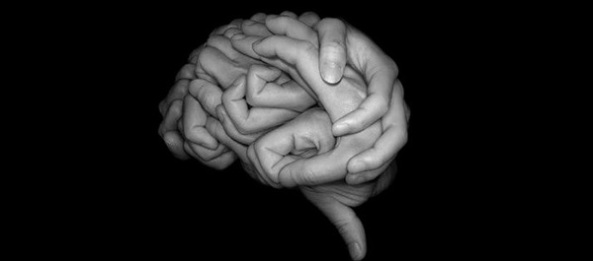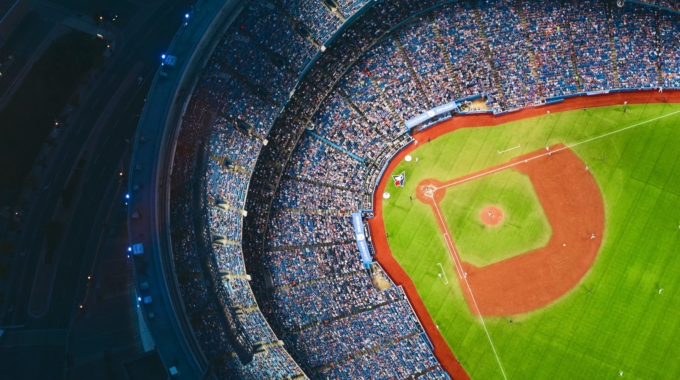
Why do birds flocks and ants form colonies? Why do bees swarm and fish school? All across the natural world, animals have developed an array of biological tools to enable these sorts of collaborative systems. But why?
The answer is simple. Animals do this because thinking together allows them to make better decisions than they can on their own.
This is known as a Swarm Intelligence or Swarm AI. Humans currently lack the ability to swarm. For all of our wonderful tools and our huge brains, we can’t do what birds do. That’s why nearly every attempt at amplifying human intelligence is an attempt at building an even bigger brain.
But, what would happen if humans learned how to mimic the collaborative systems we see in nature?
Now, they can. Using UNU, a breakthrough tool that allows people to think together in real time, researchers at Unanimous AI are testing our potential to “swarm.” This is what it looks like. Each magnet you see is one person, pushing and pulling for their preferred answer.

The early results are remarkable. Over the past year, Swarm AI has produced remarkable results in a wide range of fields. Human swarms beat 12 out of 13 ESPN experts ( and tied the 13th ) in making nearly perfect predictions about the NFL Playoffs. The same thing happened at the Oscars, when swarms of average users predicted more winners than Nate Silver’s FiveThirtyEight and the New York Times.
The question at the heart of these studies is simple. It’s the same question animals face in nature: can a Swarm AI help individuals make better bets, or are people better off going with their gut?
In an informal study of Prop Bets at last year’s Super Bowl between the Patriots and Seahawks, 98% of swarm participants would have improved their own outcomes by taking the swarm’s betting recommendations. That suggests that the incredible benefits that animals derive from swarming are also possible for us.
Now, researchers at Unanimous AI are giving Swarm AI its biggest challenge yet. Swarms were asked to make 20 predictions about the Super Bowl, covering everything from the winner of the game to the color of Gatorade they’d dump on the winning coach. And then they challenged hundreds of people across the world to try and “Beat the Swarm” for a chance at $500.
All of the swarm’s predictions were recorded on February 5th, two days before the Super Bowl. 20 separate $5 bets were placed on each of the predictions. You can see those picks here: UNU Super Bowl Picks. And, for the record, here’s what the swarm said about the Gatorade bath:

Now that the game’s over, we know that the Swarm AI scored 13 correct predictions and 6 incorrect ones. One bet, on how Cam Newton would celebrate a rushing touchdown, was ruled No Action because he did not score a touchdown. Betting with the swarm’s predictions would have produced a remarkable 35.6% ROI.
We’re still grading the hundreds of survey responses and will be announcing a winner soon. Surely some people can beat the swarm, but the better question is how many?
If the results look like last year’s, the vast majority of people would be better off thinking collaboratively. And, if that’s true, what does that say about the importance of Swarm Intelligence?
Think you could beat the Swarm? Drop us a line below. We’ll be holding similar contests for the Oscars and March Madness.


